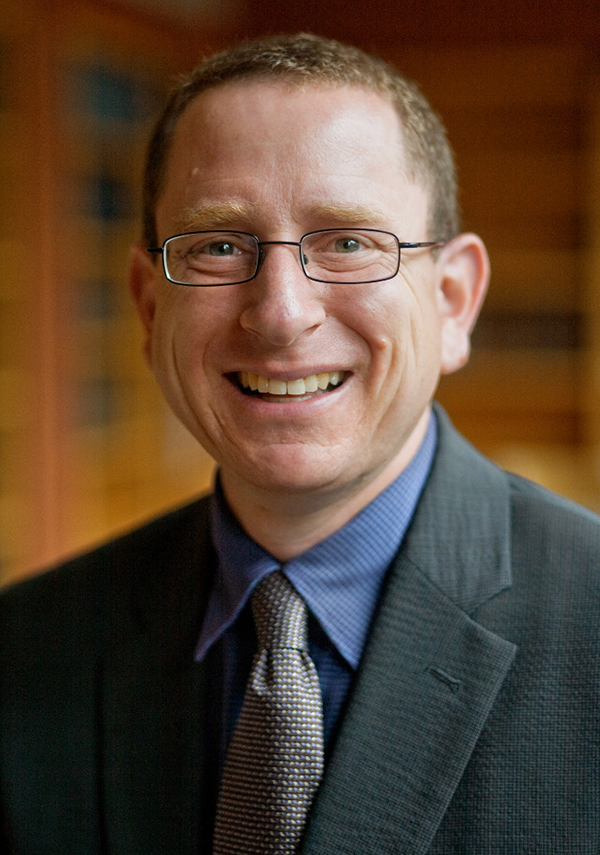Grant funds conference on reducing food waste
By Sherrie Negrea

More than a third of the food in the world is wasted, ending up in landfills where it generates methane and other greenhouse gas emissions. This loss translates into $1 trillion of food that is produced but never eaten every year.
While the problem has been studied on a global scale, the role businesses play in reducing food waste will be the focus of a grant recently awarded by the Rockefeller Foundation to Mark Milstein, director of the Samuel Curtis Johnson Graduate School of Management’s Center for Sustainable Global Enterprise.
The $280,000 grant will fund a two-day workshop for business leaders to explore strategies to reduce food waste and loss through new products and services. The workshop is tentatively scheduled for mid-2017 in New York City.
“The reason that Cornell is such a strong partner is that it has a range of programs and faculty that it can bring to bear on this issue,“ said Devon Klatell, associate director of the Rockefeller Foundation in New York City. “The ability to draw on faculty who lead work in agriculture, business, economics and hospitality really makes Cornell a perfect partner to deliver this kind of program.”
Klatell hopes the workshop will become a model that could be replicated for businesses in locations around the world. Participants at the workshop are expected to include business leaders from a variety of companies in the food, beverage and hospitality industries.
“This workshop is meant to help catalyze innovation by businesses to deal with food loss and waste,“ said Milstein, clinical professor of management at Johnson. “We’re hoping it will inspire new approaches to a critical problem.”
Milstein, who is designing the workshop’s curriculum, said the program will focus on market-based approaches to solving the problem of food waste and loss, such as new product design. The goal of the program is to facilitate innovation processes so organizations can commercialize new products and services that profitably address the problem.
The workshop is part of the Rockefeller Foundation’s YieldWise program, a $130 million initiative launched in January 2016 to demonstrate how food loss and waste can be cut in half globally. The foundation hopes to achieve that goal within seven years.
In the United States, Klatell said about 85 percent of food waste occurs in consumer-facing businesses and in consumers‘ homes.
“That’s why we’re so eager to partner with Professor Milstein and Cornell,“ she said. “We know that in order to achieve a national goal to halve food waste by 2030, we‘re going to need to inspire businesses to adopt food waste reduction as one of their key priorities.”
Because of the broad spectrum of industries that can address food waste and loss, Milstein said the project provides a great opportunity for the Cornell College of Business to illustrate its value in addressing global issues though collaborative efforts of faculty from Johnson, the School of Hotel Administration and the Charles H. Dyson School of Applied Economics and Management. City & State New York, a media company that covers government and politics in New York, is also involved in supporting the project.
Sherrie Negrea is a freelance writer.
Media Contact
Get Cornell news delivered right to your inbox.
Subscribe